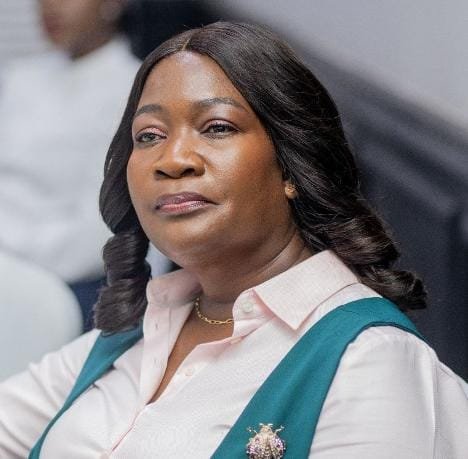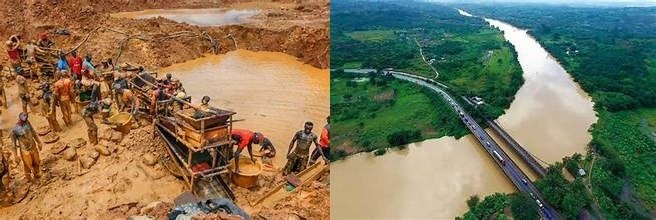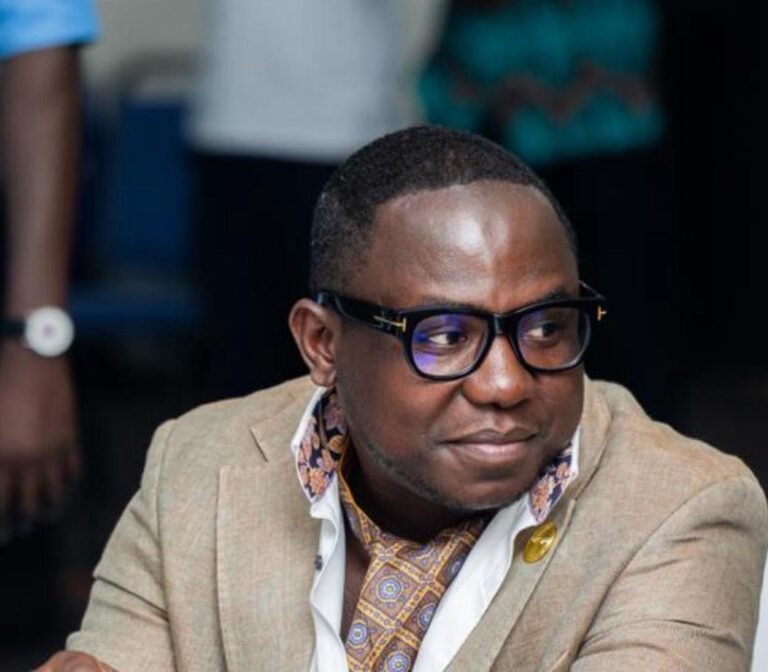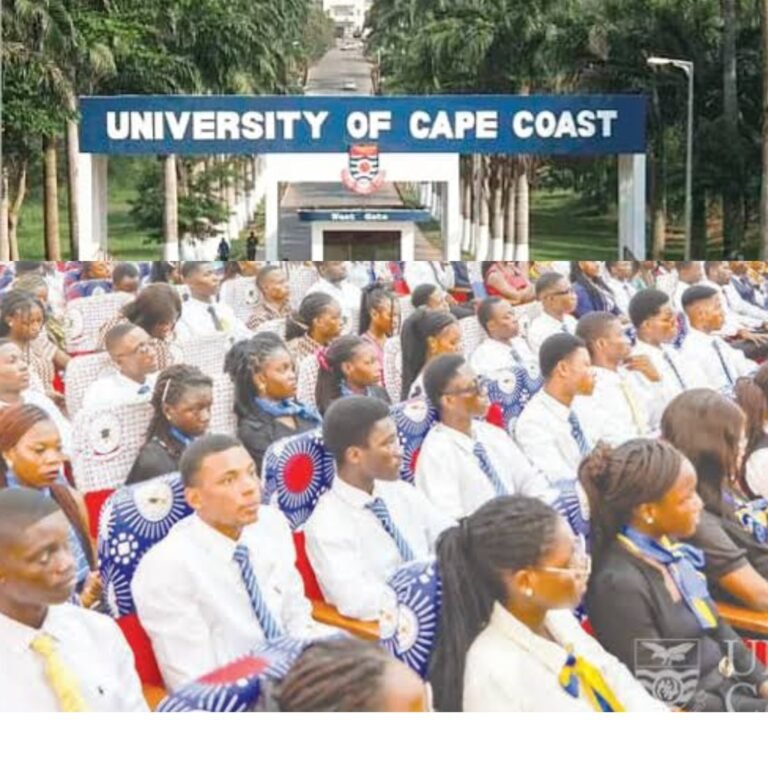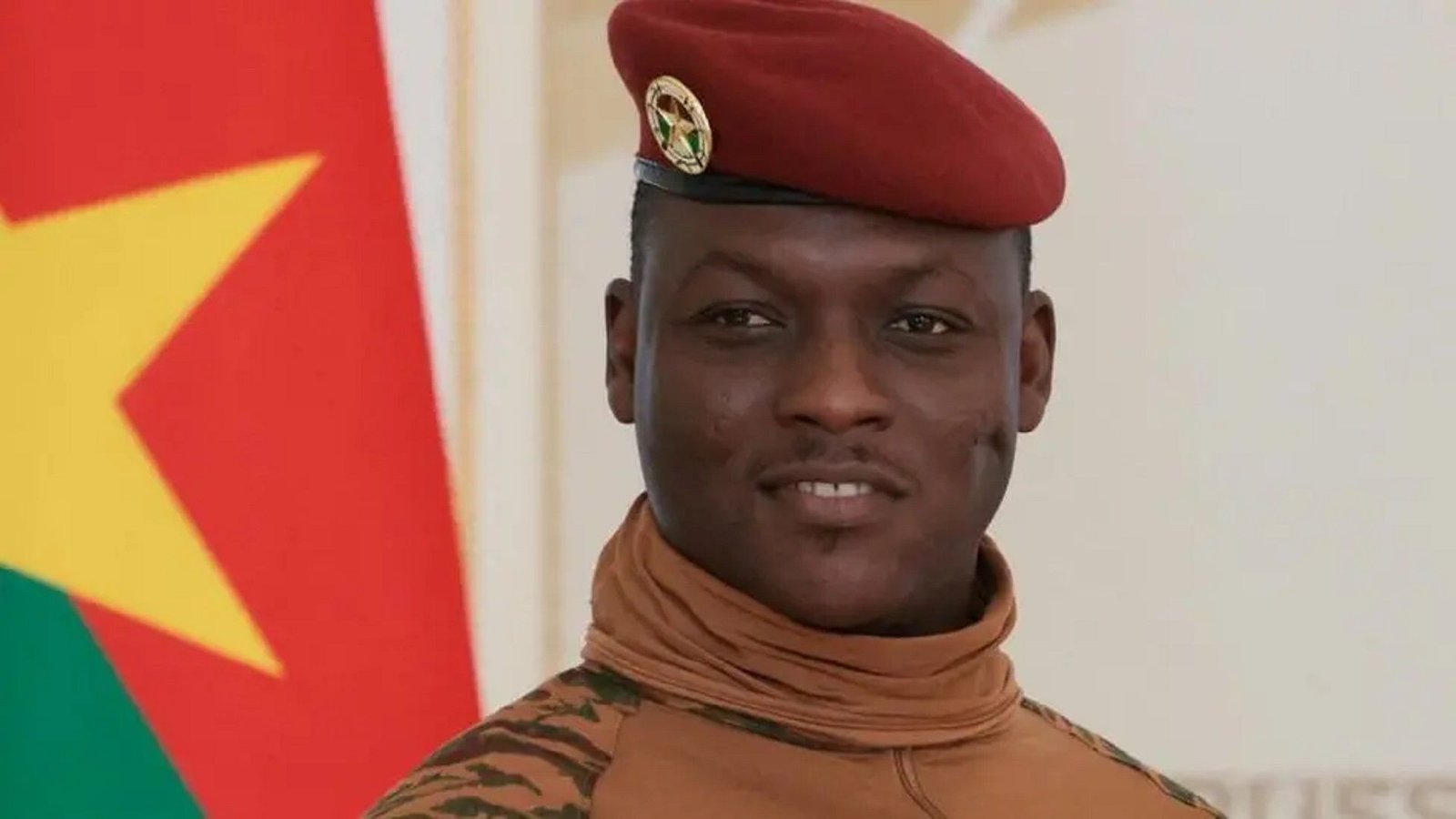
Burkina Faso's military ruler Capt Ibrahim Traoré
By Professor Jeffrey Haynes
According to a lengthy BBC report, published online on May 11, 2025, Burkina Faso’s military ruler, a ‘charismatic 37-year-old, Captain Ibrahim Traoré, has skilfully built the persona of a pan-Africanist leader determined to free his nation from what he regards as the clutches of Western imperialism and neo-colonialism.’ The BBC informs us that Captain Traoré’s message ‘has resonated across Africa and beyond, with his admirers seeing him as following in the footsteps of African heroes like Burkina Faso’s very own Thomas Sankara – a Marxist revolutionary who is sometimes referred to as “Africa’s Che Guevara”’.
Captain Traoré also reminds some of Ghana’s Jerry John Rawlings, a close associate of Sankara, who on coming to power in December 1981, aged 32, was dubbed ‘Junior Jesus’. However, after 19 years – leaving office finally in 2001 – Rawlings is widely regarded as leaving a mixed legacy: unable to stem corruption or build a healthy economy while helping to build a lasting democracy.
Coup
Captain Traoré led a successful coup d’état on 30 September 2022, removing the then interim President, Paul-Henri Sandaogo Damiba, over his alleged inability to deal with the country’s jihadist insurgency. Damiba had himself come to power in a coup d’état eight months earlier. Captain Ibrahim Traoré is currently the interim president of Burkina Faso.
Captain Traoré’s popularity is linked to his anti-western policies, including what the BBC calls ‘left-wing economic policies’. His government has cut ties with Burkina Faso’s former colonial power, France, and built a strong alliance with Vladimir Putin’s Russia. Nearly 2,000 Russian commandos are currently stationed in Burkina Faso. While many see this move as a bold and defiant message to the West, others ask what is behind this massive deployment? Is it part of a new strategic alliance in Africa, reflective of Russia’s growing influence?
Captain Traoré first attracted international attention when he spoke at the Russia-Africa summit in the Russian city of St. Petersburg in July 2023. In his speech, he forcefully proclaimed that Africa’s leaders should ‘stop behaving like puppets who dance every time the imperialists pull the strings’. His speech was heavily publicised by Russian media, which has since helped promote his pan-Africanist image.
The French president, Emmanuel Macron, regards Captain Traoré’s government as part of a ‘baroque alliance between self-proclaimed pan-Africans and neo-imperialists’, referring to Russia and China, whom he accuses of provoking coups in Africa’s former French colonies, and hypocritically stirring up old arguments over sovereignty and colonial exploitation.
Part of what Captain Traoré’s ‘revolution’ is to try to ensure that Burkina Faso benefits from its mineral wealth. His administration has established a state-owned mining company, requiring foreign firms to give it a 15% stake in their local operations and to transfer skills to Burkinabé people, constructed a gold refinery, established a national gold reserve, and nationalised two gold mines previously owned by a London-listed firm.
Repression
Captain Traoré has failed to fulfil his pledge to quell a 10-year jihadist insurgency that has fuelled ethnic divisions and spread to previously peaceful neighbours like Benin. His government has forcefully cracked down on dissent, including the opposition, media and civil society groups and punished critics, among them medics and magistrates, by sending them to the front-lines of the conflict with the jihadists.
The American non-governmental organisation, Freedom House, classifies Burkina Faso as ‘not free’, while the Swedish institute, V-Dem (‘Varieties of Democracy’) categorises the country a ‘closed autocracy’. According to a 2024 Amnesty International report on Burkina Faso, people accused of plotting against the state are arbitrarily arrested. Activists, journalists and magistrates are victims of enforced disappearances. The continuing anti-jihadist conflict has resulted in hundreds of civilian deaths and the blockades of several towns. Media organisations have been temporarily closed.
Does an apparent lack of concern with democracy and human rights matter? Security analyst, Professor Kwesi Aning, who until recently previously worked at the Kofi Annan International Peacekeeping Training Centre in Accra, suggests that Captain Traoré’s popularity as the military leader reflects a political shift taking place on the continent. According to a 2024 Afrobarometer survey of 39 African countries there is a tangible decline in support for democracy, although it remains the most popular form of government. Professor Aning recently told the BBC that ‘democracy has failed to give hope to the youth. It has not delivered jobs or better education and health’. Captain Traoré, he asserted, was ‘offering an alternative, and re-capturing the spirit of two historic epochs’: the initial years of post-colonial optimism in the 1960s and the revolutionary populist confidence of figures like Rawlings and Sankara in the early 1980s.
Fate
How will things turn out for Captain Traoré and his government? It is already clear that he, along with other military leaders in Mali and Niger, have shaken up West Africa, not least by regarding France as a neo-colonial power and ordering French forces to leave. In addition, the three military-ruled neighbours have withdrawn from West Africa’s regional trade and security grouping, ECOWAS (Economic Community of West African States), and formed their own alliance, announcing the ended of the region’s free trade with the imposition of a 0.5% tariff on goods coming into their countries.
What about Captain Traoré’s lasting legacy? To ensure a positive one, he should focus on achieving peace in Burkina Faso, build strong state institutions with the aim of promoting good governance, preferably by democratic means which fully take into account citizens’ human rights, defy any urge to personalise power, and allow constructive dissent.
The writer is an Emeritus Professor of Politics at London Metropolitan University, UK.


